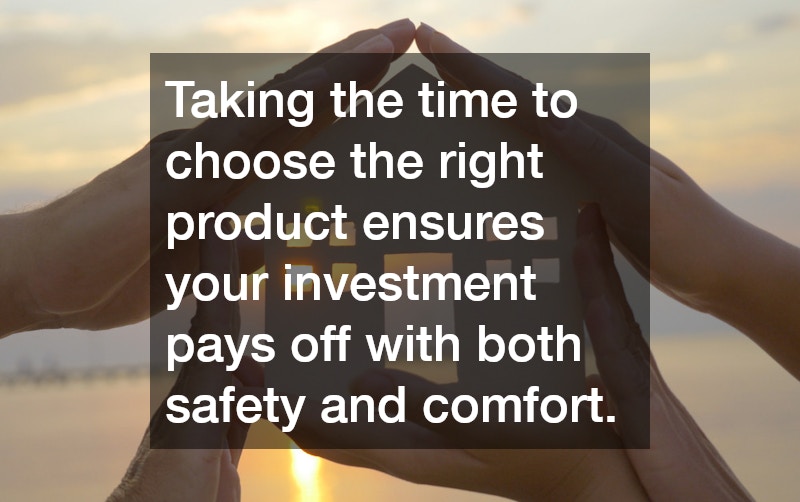A quality security screen is one of the most effective ways to protect your home while maintaining airflow and visibility. It adds a layer of safety without compromising comfort or style. In Australia, where warm weather and outdoor living are a way of life, security screens have become a popular solution for homeowners looking to combine peace of mind with practicality.
With so many options on the market, choosing the right security screen can feel overwhelming. From frame materials to mesh types and locking mechanisms, every component plays a role in the screen’s performance and longevity. Knowing what to look for can help you make an informed decision that suits your needs and budget.
Why Invest in a Security Screen?
Security screens provide more than just protection against break-ins. They also help keep out insects, allow natural ventilation and offer added privacy. For families, they are a safe way to let children play with the front door open while still maintaining a secure barrier.
Unlike standard flyscreens, true security screens are designed to meet Australian Standards for strength and impact resistance. This means they are tested for knife shear, pull testing and forced entry attempts, giving homeowners greater confidence in their effectiveness.
Frame Materials and Mesh Types
The quality of your security screen starts with the materials. Aluminium is a popular choice for frames due to its corrosion resistance and lightweight nature. For higher strength, look for marine-grade aluminium, which is ideal for coastal homes where salt air can cause rust.
The mesh is equally important. Stainless steel mesh is widely regarded as the best option for high security, as it resists corrosion and is strong enough to withstand impact. Alternatively, aluminium mesh offers good strength at a lower cost but may not offer the same durability over time.
Some homeowners prefer a privacy mesh, which limits visibility from the outside without affecting your view from the inside. These are ideal for street-facing windows and entryways where you want both protection and discretion.
Locks, Hinges and Installation
A security screen is only as strong as its weakest point. High-quality locks and hinges are essential for maximising protection. Multi-point locking systems are recommended as they secure the door at multiple points along the frame, making it harder to force open.
Heavy-duty hinges with tamper-proof screws add another level of security. Always check that the locks and hinges are also tested to meet Australian Standards, as this ensures they have passed rigorous performance assessments.
Professional installation is crucial. Poorly fitted screens can leave gaps or weak points that undermine the product’s effectiveness. Certified installers make sure the screen fits flush within the frame and is secured properly. This not only improves safety but also maintains the appearance and function of the screen.
Design and Style Considerations
Modern security screen doors and windows no longer mean bulky or unattractive finishes. Manufacturers offer a wide range of colours, mesh patterns and frame styles to match your home’s aesthetic.
Some screens can be powder-coated to complement your exterior paint or match existing doors and windows. Others are designed with minimalist frames and clear views to maintain a clean, contemporary look. Whether your home is heritage or modern, there’s a design that will suit your space.
Choosing a screen that blends seamlessly into your home encourages its use. When security features become part of daily living without being intrusive, you’re more likely to benefit from the added safety and comfort.
What to Ask Before Buying
When shopping for a security screen, ask the supplier if the product has been tested to Australian Standard AS5039, which covers manufacturing and performance requirements. This is your assurance that the screen has passed structural integrity and durability testing.
Find out who handles the installation and whether they are licensed and experienced. Ask about warranties and maintenance requirements. A good security screen should last many years, but like any home feature, it needs occasional cleaning and inspection to stay in top condition.
If your area experiences severe storms or bushfires, ask about screens that are rated for cyclonic conditions or ember protection. Some security screens offer added benefits such as UV protection or insulation, which may suit specific climate needs.
A well-chosen security screen protects your home while enhancing airflow, visibility and aesthetic appeal. With the right combination of quality materials, secure fittings and professional installation, your screen will provide long-lasting peace of mind.
As a homeowner, taking the time to choose the right product ensures your investment pays off with both safety and comfort. Whether you’re upgrading your front door, adding protection to sliding doors or securing windows, a security screen is a practical and stylish addition to any home.




